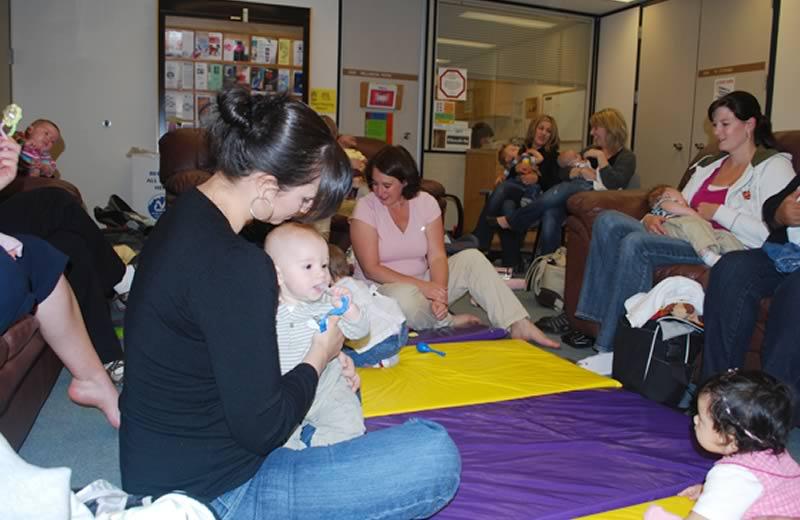We all have a role to play in supporting breastfeeding
This week on the Northern Health Matters blog we have been celebrating Breastfeeding Week in Canada, with the theme: Sustaining Breastfeeding Together. I appreciate this theme because it speaks to the fact that we all have a role to play in supporting breastfeeding, both in the newborns days, and in the months and years to follow. Earlier this week on the blog, colleagues shared posts that spanned the breastfeeding journey, from early skin-to-skin contact to breastfeeding toddlers. Today, I want to share breastfeeding stories from mothers throughout Northern BC.
Mothers share their thoughts on breastfeeding
Last year, Northern Health encouraged people to share their breastfeeding stories, and dozens of mothers responded. Of course, each story is different, but there are various commonalities. Mothers shared their thoughts on:
- What they’ve enjoyed about breastfeeding
- How they learned to breastfeed and how they overcame challenges
- What hints and tips they found helpful
- How they benefitted from support
What women had to say about support
Given this year’s theme of “sustaining breastfeeding together,” I thought I would share what these women had to say on the topic of support. Mothers shared that support comes from many different people, and in many different forms. It can start in our own homes, with partners and key support people:
- “My husband was so supportive: ‘Of course you must breastfeed.’"
- “My partner has been extremely supportive and accommodating. Whether it's been bringing me dinner on the couch, having something defensive and educational to say for one of our public breastfeeds, or rubbing my back…” -Christine
Health professionals and community partners are also key, and many women spoke about the supports they received from midwives, nurses, lactation consultants, breastfeeding counsellors, and others:
- “I love that maternity nurses are there for you to help when needed, even after you have left the hospital.”
- “My midwife taught me to breastfeed lying down so that I could rest.”
The importance of connecting and learning
While families, friends, and health care teams are important support people, many women strongly emphasized the importance of connecting and learning with other breastfeeding mothers:
- “I had never seen a mother breastfeeding a baby up close before I became pregnant! So before I had my first baby, I consciously spent time around breastfeeding mothers, went to breastfeeding support groups.” -Amy
- “We have found a community of other breastfeeding mothers - a community which supports us, as we support it.” -Haylee
- “I am a passionate advocate of breastfeeding education support, and I decided to start a local group of La Leche League Canada … to offer peer support to other breastfeeding mothers.” -Kelsey
- “I have joined some Facebook groups for Pumping Moms and have given and received so many helpful tips along the way. Pumping moms stick together for sure!!” -Jody
Finally, mothers reminded us that it’s not just about receiving support in the early days. Our communities can do a lot to help sustain breastfeeding for months and years:
- “Having the support of my husband and family, as well as co-workers and a supportive work environment, created the opportunity for me to continue our breastfeeding journey.” -Chelsea, about continuing to breastfeed as she returned to work
- “I have two children and they were born in India. I breastfed them both more than one year. That is the cultural practice.”
- “I did not hesitate to breastfeed in public. On the contrary, I was delighted that the majority of the community was very supportive.” -Tanya
All of these stories help to emphasize that support for breastfeeding mothers can come in many forms.














Comments